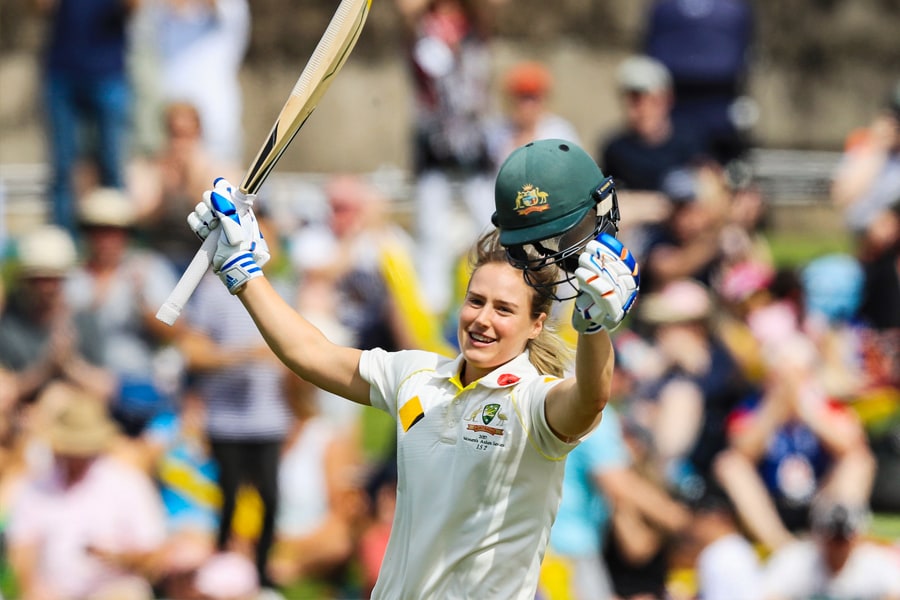
No one has all the answers, we figure it out: Ellyse Perry
The Aussie cricketer, named ICC's female cricketer of the decade and considered among the greatest in her generation, on why perspectives matter
 Australian cricketer Ellyse Perry
Image: Mark Evans/Getty Images
Australian cricketer Ellyse Perry
Image: Mark Evans/Getty Images
There’s nothing that Ellyse Perry can’t do. Considered among the greatest cricketers of her generation, the Australian is not only a prolific batter and a bowler, but she also has to her name a goal in the Fifa World Cup. Before she turned 17, Perry debuted in both cricket and football, eventually picking the former as schedules clashed. Winner of two ODI and six T20 World Cups, Perry has also been selected as ICC’s female player of the decade. In an exclusive chat with Forbes India, the 32-year-old, who recently played the inaugural WPL for Royal Challengers Bangalore, breaks down the elements that make her tick and the lessons she has learnt from her illustrious career. Edited excerpts:
‘Multitasking expands your mind’
At 16, I represented Australia in both cricket and football. And that had a lot to do with the fact that, growing up in Australia, I had to opportunity to dabble in multiple things—be it sports or music or drama or the arts, what have you. Just having that exposure to multiple skills is important for a kid in terms of opening up his/her mind. Sometimes you can draw motivation and understanding from different sources that help you achieve what you want. Multitasking is a great avenue to expand your mind and help you see things more holistically.‘Goals are bigger than just results’
For me, the inspiration to succeed came from my home, just by looking at my parents. My mum’s a doctor, and I have watched her work incredibly hard, juggling professional responsibilities while giving absolutely everything to her family. My dad was a schoolteacher, but he always had enough time for my brother and me to teach us to play sports, as well as maths and English. Both have been huge inspirations because, with them, it was never about being the best at anything or putting pressure on us to perform. They always taught us to learn new things, enjoy doing them and trying our best. That has enabled me to look at goals from a much bigger perspective than just results.‘With failure comes the opportunity to learn about yourself’
As an international athlete, there is always the pressure to perform, but it depends on how you look at it. I think that while there's pressure, there is always a wonderful opportunity to not only let events unfold and see where they go but also let you learn something new about yourself. Sport has an amazing way of teaching people—often when you are not successful is when you learn the most about yourself—and that will help you find what it takes to be successful in future. And on a day-to-day basis, don't let what you do define who you are as a person. When you are a professional, it's probably easy to attach much meaning to how things go on the field, but ultimately the world's a lot bigger than that.Also read: Setbacks will make you stronger, better: Jemimah Rodrigues








